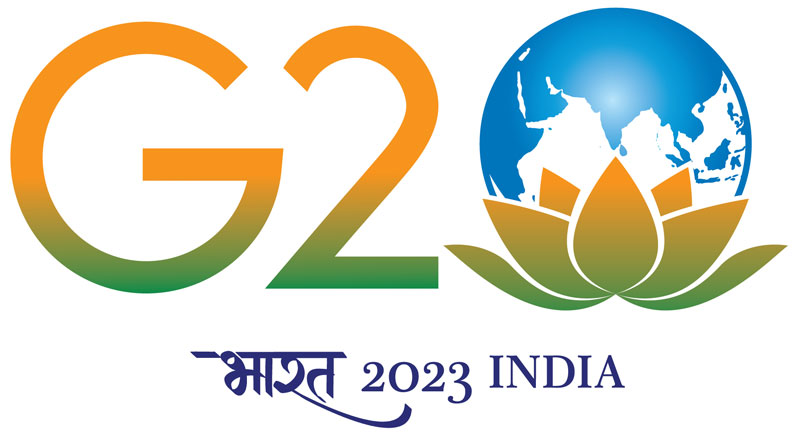OCEAN Initiative
Capacity Building of CSOs working in the APC project on organisation development themes
BRLF was formed with an objective of upscaling civil society action in partnership with the government in the Central Indian Tribal Belt. Thus, one of the most important functions of BRLF is to strengthen and facilitate the work of civil societies working in the livelihoods sector. BRLF seeks to build the capacities of its CSO partners in such a way that they keep going strong even after the support from BRLF or any other donor agency is withdrawn, eventually moving towards self sustainability. Its aim is to build the CSOs in a manner that they have a strong and long-lasting presence in their areas.
BRLF has been very effective in building the technical capacities of the CSOs. Technical capacities are the skills and knowledge related to the subject matter. However, it is also important that we focus on building the soft skills of the CSOs such that their capacity can be built in a holistic manner. For better project outcomes, striving towards building “Learning Organisations” is imperative. Learning Organisations are organisations which continually expand their capacity to create the results they truly desire, where new and expansive patterns of thinking are nurtured, collective aspiration is set free, and people are continually learning how to learn together.
The main objective of the program is to increase the reach of government welfare schemes and to address challenges in sectors such as education, health, nutrition and innovation in tribal areas, in order to ensure an integrated and focused approach to the socio-economic development of the Scheduled Tribes population in a coordinated and planned manner. Keeping in mind our core competence in the field of CSO facilitation and screening, MoTA has appointed BRLF to carry out a rigorous screening process for shortlisting proposals from different parts of the country on various themes such as education, health and innovation.
Need of such a capacity building initiative for the CSO partners of BRLF
All the CSOs that are working in the above projects have different capabilities but have similar deliverables and timelines. In the absence of the desired capabilities, they tend to lag leading to decreased faith in others and the CSOs in themselves. It has been observed that the policies, practices, or systems related to Human Resources, Admin, Finance, Communication, Gender, etc. are not very well defined in these organisations. Sometimes, the CSOs are not very clear about their goals or the roadmap to achieve those goals. Finding themselves lost somewhere in the funding space, the CSOs tend to start venturing in a new sphere of work every now and then depending on the availability of the financial resources. This leads to great loss of institutional capacity.
There is also a need to develop a shared vision or collective leadership in these CSOs. Collective leadership is a form of leadership where there is shared responsibility, decision making, and accountability. But it is generally observed that the whole organisation is heavily reliant on one or two leaders, in the absence of whom the organisation falls apart. There may also be a lack of developmental perspective, especially in the younger generation of an organisation. As a result, there is an ambiguity in their minds, and they find it difficult to see the larger picture of the development interventions that they undertake. The reason behind this may be the inability of the organisation to spend enough time and resources in perspective building of their employees.
A lot of the issues mentioned above negatively impact the motivation levels and team spirit of the employees in an organisation, creating lacunas like attrition and non-performance. In many of the cases, the employees are unable to work in a manner that they can achieve both their own and the organisation’s growth simultaneously. These factors often lead to poor partner engagement, dearth of a strong network, and scarcity of resources. And therefore, especially in timebound and result oriented projects, organisations often find it difficult to achieve the desired results.
It is proposed to carry out a pilot of the above Capacity Building initiative in the Agriculture Production Clusters (APC) project. In order to improve the livelihood conditions of the farmers and to ensure sustainable diversification of livelihood options, the Directorate of Horticulture, Agriculture and Farmers’ Empowerment Department, Govt. of Odisha entered into a formal partnership with the Odisha Livelihoods Mission, Bharat Rural Livelihoods Foundation, and Professional Assistance for Development Action (PRADAN) on November 6, 2018. The major objective of this project titled “Promotion of Agriculture Production Clusters (APCs) in tribal regions of Odisha” is to sustainably double the income of one Lakh small and marginal farmers by establishing Agriculture Production Clusters (APCs) in 40 backward blocks of 12 highland districts in the state.
BRLF, along with its 17 partners including PRADAN which is also the lead partner, is implementing this project and aims to leverage around 400 Cr. through different government departments. The focus of the project is to provide both backward and forward agriculture marketing support to the farmers to create a sustainable agricultural value chain in the project areas.
PRADAN, being the lead partner in the project, is responsible for building thematic capacities of the partners engaged in the project. They organise various trainings/ workshops/ webinars/ exposures etc. to train CSO staff on the themes focussed on the project.
The other CSO partners are responsible for monitoring the work and building the capacities of CBOs and CRPs for the timely implementation of the programme. Therefore, it is of utmost importance that all the partner CSOs are enabled in a manner that they can efficiently transfer the knowledge and skills to the ground functionaries and the community to bring overall development in their areas.
In order to fulfil the objective of nurturing the partner CSOs, BRLF will need to invest in the development of the people of these CSOs. Some capacity building interventions will need to be aimed at enhancing conceptual abilities; others may need to focus on human and relational capabilities while some more may be needed to reinforce the technical capabilities of its people.
The main objective of the program is to increase the reach of government welfare schemes and to address challenges in sectors such as education, health, nutrition and innovation in tribal areas, in order to ensure an integrated and focused approach to the socio-economic development of the Scheduled Tribes population in a coordinated and planned manner. Keeping in mind our core competence in the field of CSO facilitation and screening, MoTA has appointed BRLF to carry out a rigorous screening process for shortlisting proposals from different parts of the country on various themes such as education, health and innovation.

